Many have said, wrote, screamt their lungs out, then disappeared into thin air.
Welcome to our land, where the beautiful rolling clouds have hidden tears, the hills above witnessing all the painful inhumane stories, the pine trees silently internalising encroachments of trespassers exploit the forests, the water bodies, the natural springs having to reduce their flow succumbing amidst the urbanization hullabaloo!
And there stands the tea bushes, green in their outer selves yet unspokenably misery-laden-withstanding decades of extortionist regime (aka) from the white man’s burden to the current form of capitalist-led business model.
What therefore remains altered?
Nothing than the open market trading of “cheap local labour,” meant to commercially satisfy the gastronomically-appetising-luxurious needs of High-Tea drinkers globally.
Isn’t there this entire pool of suffering tagged along those stretched sloping lands?
From, the exploited earth, repeatedly raped of its vitality, power and strength, with the continuous cycle and re-cycle of digging, sowing, harvesting and what may not— when is the ripped soil going to breathe a sigh of relief? not soon enough until consuming tea in expensive porcelain remains a choice for classes of humans.
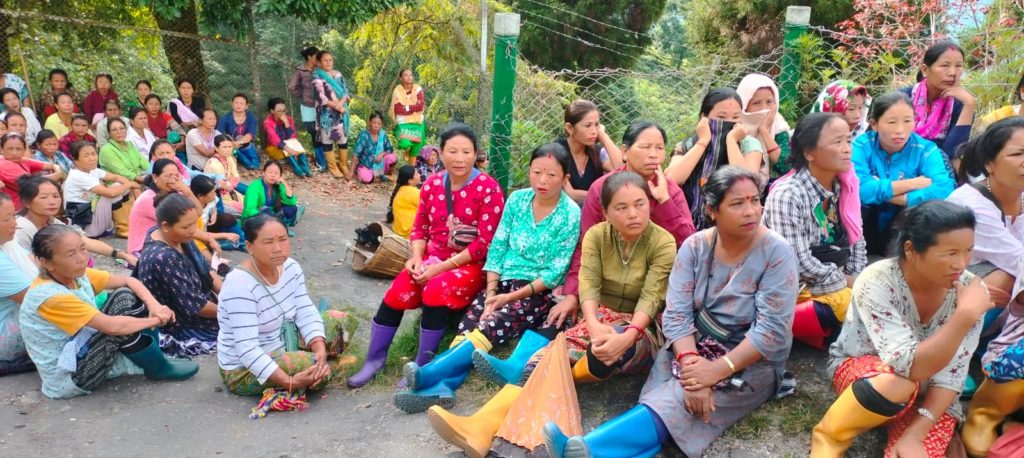
Oh yes! Surrounding those tea estates, must land be further developed— undeniably, leading to concrete infrastructures, add-on vehicles and tourism influx.
Then there must be relaxable resorts, spas, eateries, adventurous activities for the over-worked souls from the city-spaces to indulge into, after all, who doesn’t deserve a break?
What’s the repercussion to these unthoughtful, self-centred- human motives?
Nothing much really, only much intense exploitation of land, natural resources, pollution of every kind (that thus far humans have graciously created)— so much for tea tourism and export— welcome to the Queen of Hills, one and all!
Hey, have you ran out of your mind? If we don’t sell tea, how are the local villages going to sustain? If we don’t build more concrete spaces, how’s tourism gong to flourish?
My dears, growing tea because it’s part and parcel of our cultural heritage is one thing but completely turning the tables means we’re CONSTRAINED- pseudo-independent, passing the baton from the reigns of white men to brown men who still mean strict business.
The tea industry involves a laborious work schedule in extreme weather conditions, where women and men alike participate in the end to end processes for an exchange of minimum wage, bare-limited facilities, wherein majority of profit and shares are enjoyed by the Private Companies who are in power position and decision making, where large produce is sold at exorbitantly rates marketed under various labels within the larger umbrella of “Fine Darjeeling Tea.”
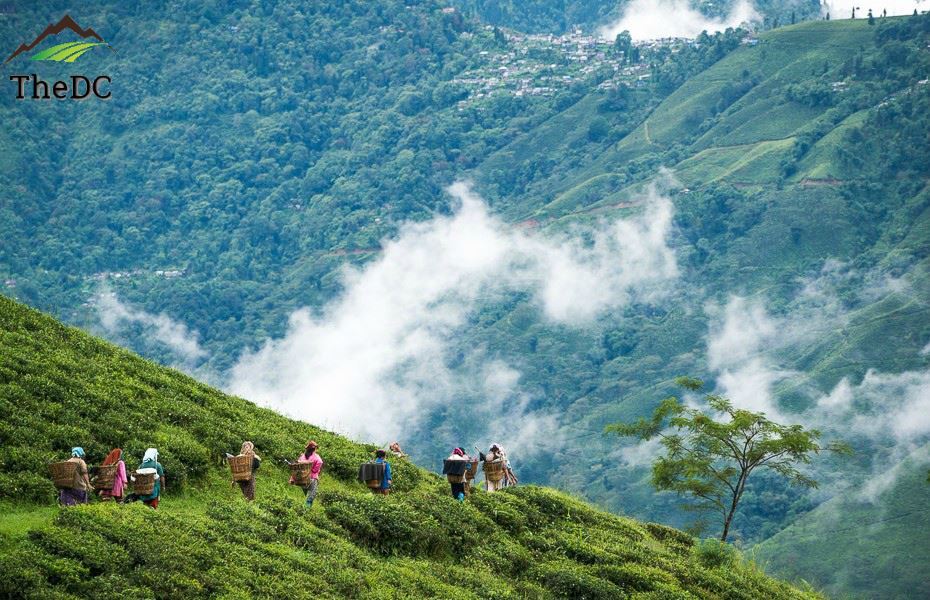
The hierarchical power position thus still positing as division of visible class differences in terms of labour and supervision, who’s holding the horses, anyway?
History repeating in itself, voices being silenced—mind us—these are the same voices of the indigenous lot, fighting for identity and visibility within the national and international picture.
Being subjugated bring us any more relief, with minimum wages, zero hygiene access, lack of say in the (Tea)-company policies and more significantly— the freedom to live a dignified humane life.
There’s more happening, than what meets— laymanish eyes’, in no way it justifies reducing the Tea estate stories into fragments of one-sided narration of mere cries over incentives and bonuses especially during the festival months majorly covering media reels.
Unless voices of dissent make a place into these hegemonic social spaces, where balance of power, choice and perspectives are played out ethically,— commercialization, politicization, exploitation, marketization and dehumanization practices will prejudicially penetrate even more, thereby further destroying what’s little left for us— the inhabitants of this very soulful side of the greater world.
Would we then pause, think and reflect the moment we order fancy cups of Darjeeling Tea at Cafes’ where sellers are totally alienated from the stories of blood and sweat brewing over those irresistible pots of stimulating Tea.
Writes – Indu Rai, Independent thinker, researcher and writer.

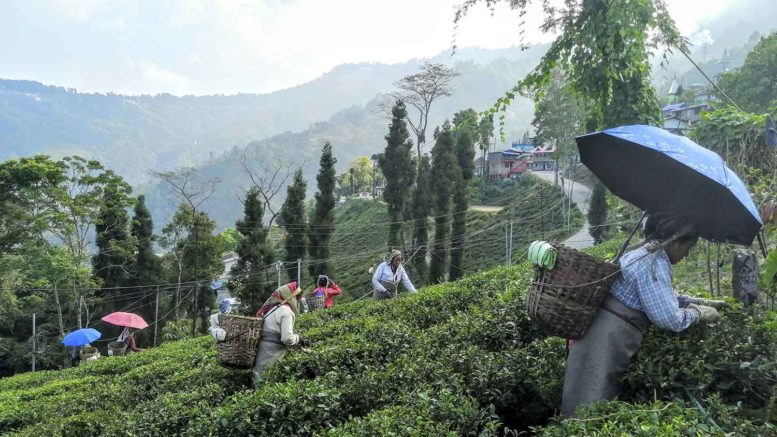
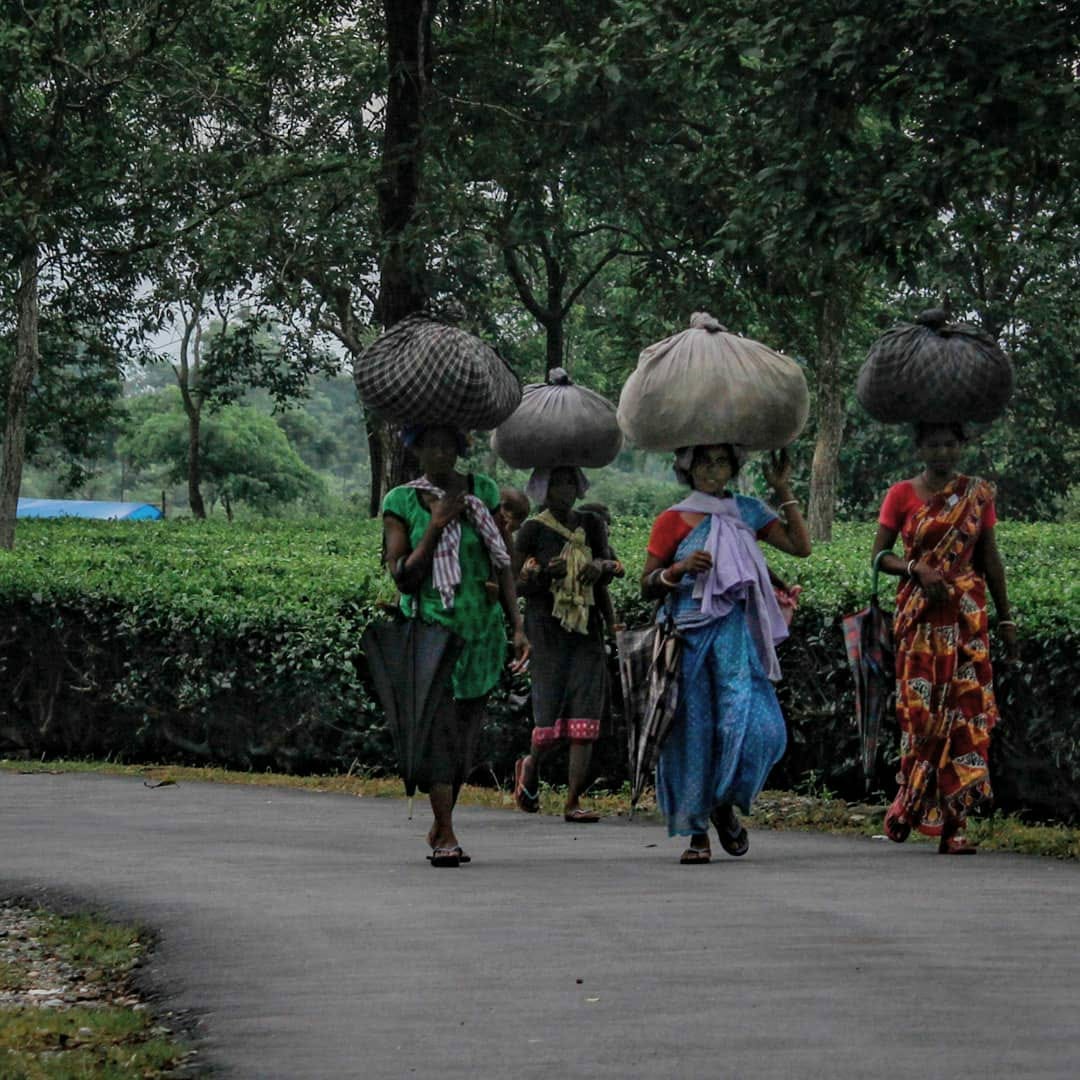
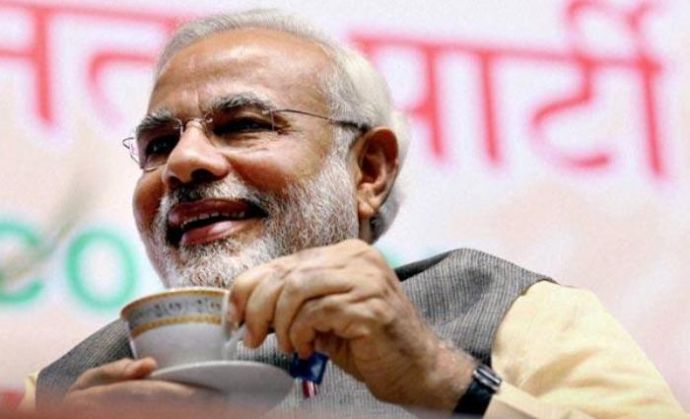

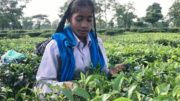
Be the first to comment on "Are We Drinking Sips of Misery? Darjeeling’s Tea"